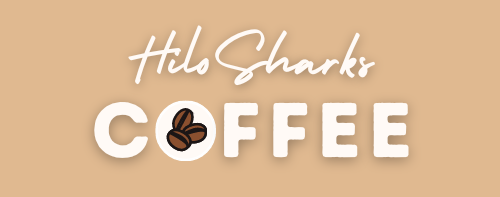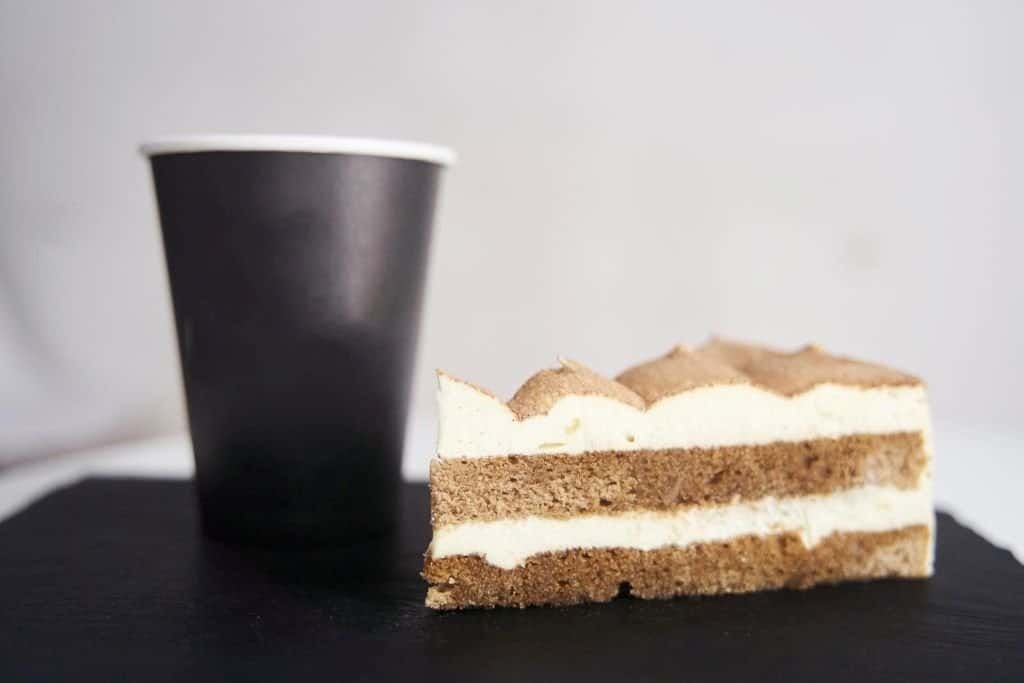Are you a coffee lover who enjoys the rich taste of French press coffee? Do you ever wonder how much caffeine is in your cup of French press coffee? Well, you’re not alone. Many coffee enthusiasts are curious about the caffeine content of their favorite brew.
The amount of caffeine in French press coffee can vary depending on several factors, including the type of beans used, the roast level, water temperature, grind size, steep time, and coffee-to-water ratio. Generally, a cup of French press coffee contains more caffeine than a regular drip-brewed cup. However, it’s essential to note that the caffeine content can vary widely, making it challenging to determine the exact amount of caffeine in each cup.
In this article, we will explore the caffeine content of French press coffee and provide you with the information you need to make an informed decision about your caffeine intake. We will also discuss the factors that affect caffeine levels in French press coffee, so you can understand how to brew your perfect cup of coffee. So, let’s dive in and find out how much caffeine is in a French press!
Caffeine Content in French Press Coffee

If you are a coffee lover, you might be wondering how much caffeine is in your favorite French press coffee. The caffeine content in French press coffee can vary depending on several factors. In this section, we will discuss the factors affecting caffeine content and how to measure it in French press coffee.
Factors Affecting Caffeine Content
The caffeine content in French press coffee depends on the following factors:
- Coffee beans: The type of coffee beans used can affect the caffeine content. Robusta beans have more caffeine than Arabica beans.
- Roasting: The degree of roasting can also affect the caffeine content. Lighter roasts have more caffeine than darker roasts.
- Grind size: The size of the coffee grounds can also affect the caffeine content. Finer grounds have more caffeine than coarser grounds.
- Brewing time: The longer the coffee is brewed, the more caffeine it will have.
How to Measure Caffeine Content in French Press Coffee
Measuring the caffeine content in French press coffee can be tricky because it depends on several factors. However, here are some methods you can use:
- Use a caffeine calculator: You can use an online caffeine calculator to estimate the caffeine content in your French press coffee. You will need to know the type of coffee beans, the roast level, and the brewing time.
- Use a caffeine meter: A caffeine meter is a device that measures the caffeine content in your coffee. However, it can be expensive and not very accurate.
- Use a laboratory test: A laboratory test is the most accurate way to measure the caffeine content in your coffee. However, it can be expensive and time-consuming.
In conclusion, the caffeine content in French press coffee can vary depending on several factors. If you want to know the exact caffeine content in your coffee, you can use a caffeine calculator or a laboratory test. However, keep in mind that the caffeine content can never be exact due to the many factors that affect it.
Comparison with Other Brewing Methods
When it comes to caffeine content, French press coffee falls somewhere in the middle of the spectrum. While it contains more caffeine than drip coffee, it has less caffeine than espresso. Here’s a breakdown of how French press coffee compares to other brewing methods:
Caffeine Content in Drip Coffee
Drip coffee is one of the most popular brewing methods in the world. It is made by pouring hot water over ground coffee beans that are held in a paper or metal filter. The water then drips through the filter and into a carafe or mug. On average, an 8-ounce cup of drip coffee contains between 95 and 165 milligrams of caffeine, depending on the type of bean used and the strength of the brew.
Caffeine Content in Espresso
Espresso is a concentrated form of coffee that is made by forcing hot water through finely ground coffee beans at high pressure. This results in a small, strong shot of coffee that is usually served in a demitasse cup. Espresso contains more caffeine per unit volume than most other coffee beverages, with an average of 77 milligrams of caffeine per 1.5-ounce shot.
Compared to drip coffee and espresso, French press coffee contains a moderate amount of caffeine. An 8-ounce cup of French press coffee contains around 107 milligrams of caffeine, on average. However, it’s important to note that the caffeine content can vary depending on factors such as the type of bean used, the grind size, and the brewing time.
Overall, if you’re looking for a coffee brewing method that falls somewhere in the middle of the caffeine spectrum, French press coffee is a good choice. It’s not as strong as espresso, but it has more caffeine than drip coffee. Plus, the French press brewing method allows for a full-bodied, flavorful cup of coffee that many coffee lovers enjoy.
Tips for Controlling Caffeine Content
If you’re looking to control the caffeine content in your French press coffee, there are several factors to consider. Here are some tips to help you tailor your brew to your desired caffeine level.
Choosing the Right Beans
The type of coffee beans you choose can affect the caffeine content in your French press coffee. Robusta beans have more caffeine than Arabica beans, so if you want a higher caffeine content, look for a blend that includes Robusta beans. Additionally, lighter roasts generally have more caffeine than darker roasts.

Grinding the Beans
The grind size of your coffee beans can also affect the caffeine content. Finely ground coffee will have a higher caffeine content than coarsely ground coffee. This is because the surface area of the coffee that is exposed to water is greater with a finer grind.
Brewing Time and Temperature
The longer you brew your coffee, the higher the caffeine content will be. To control the caffeine level, try brewing your French press coffee for a shorter amount of time. Additionally, using hotter water can extract more caffeine from the beans, so if you want to reduce the caffeine content, try using slightly cooler water.
Here’s a quick summary of the tips for controlling caffeine content in your French press coffee:
| Factors to Consider | Tips for Controlling Caffeine Content |
|---|---|
| Bean Type | Choose a blend that includes Robusta beans for higher caffeine content |
| Roast Level | Lighter roasts generally have more caffeine than darker roasts |
| Grind Size | Finely ground coffee will have a higher caffeine content than coarsely ground coffee |
| Brewing Time | Shorter brew times will result in lower caffeine content |
| Water Temperature | Cooler water can extract less caffeine from the beans |
By considering these factors, you can tailor your French press coffee to your desired caffeine level. Keep in mind that these tips are not foolproof and the exact caffeine content can vary depending on several factors.
Wrapping Things Up
Now that you know how much caffeine is in a French press coffee, you can make an informed decision about how much to drink. Remember, the recommended daily intake of caffeine is around 400 mg. With French press coffee containing 107 mg of caffeine per 8-ounce cup, you can safely consume around 3.5 cups of coffee per day.
If you’re sensitive to caffeine, it’s best to avoid drinking French press coffee and opt for another brewing method. However, if you enjoy the taste of French press coffee and want to reduce your caffeine intake, you can try decaf coffee or a blend with lower caffeine content.
Here are some tips to keep in mind when brewing French press coffee:
- Use freshly roasted beans for the best flavor and aroma.
- Grind the beans just before brewing to ensure maximum freshness.
- Use a coarse grind to prevent the coffee from becoming too bitter.
- Use water that is just below boiling point (around 200°F) for optimal extraction.
- Steep the coffee for 4-5 minutes before plunging the filter.
By following these tips, you can enjoy a delicious cup of French press coffee with the perfect caffeine content for your needs.




